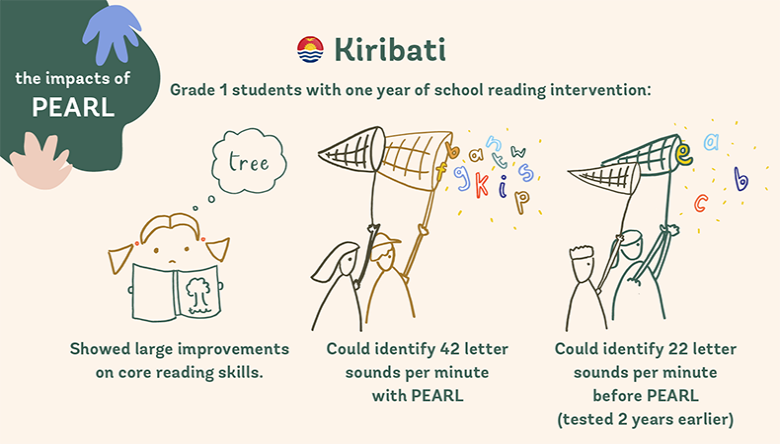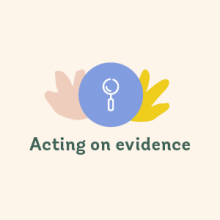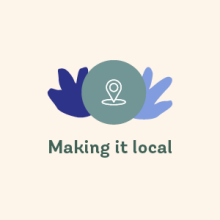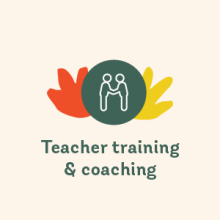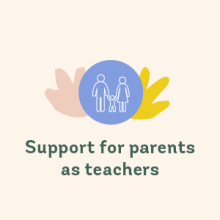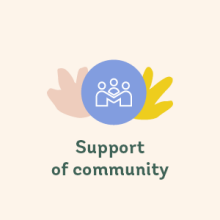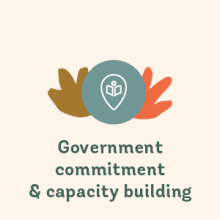This is the focus of Pacific Early Age Readiness and Learning (PEARL) – a project initiated in 2014 by the World Bank with funding from the Global Partnership for Education. PEARL aims to support Pacific Island countries in identifying gaps in school readiness and early literacy, to pilot interventions to address these gaps, and to share the results with countries across the Pacific and globally.
The PEARL approach
Studies show that the earlier we invest in a child, the longer a country and the economy reap the rewards of that child’s learning. This is the essence of the PEARL program – to support children to develop key skills that are useful at school, and to help more children learn to read and write, which not only has knock-on effects throughout their own education but also has proven ripple effects for the country more broadly. Prepared Learners is one of the four pillars in the World Bank’s approach to education.
PEARL’s vision is:
- For all children to have access to and benefit from programs in their communities that promote healthy, stimulating, and culturally-relevant experiences that prepare them for schooling and life.
- That once in school, children are afforded the best start to their formal education through quality teaching.
- In a number of Pacific Island countries, this has been achieved through two low-cost interventions focused on improving school readiness and early grade reading outcomes, as illustrated below.
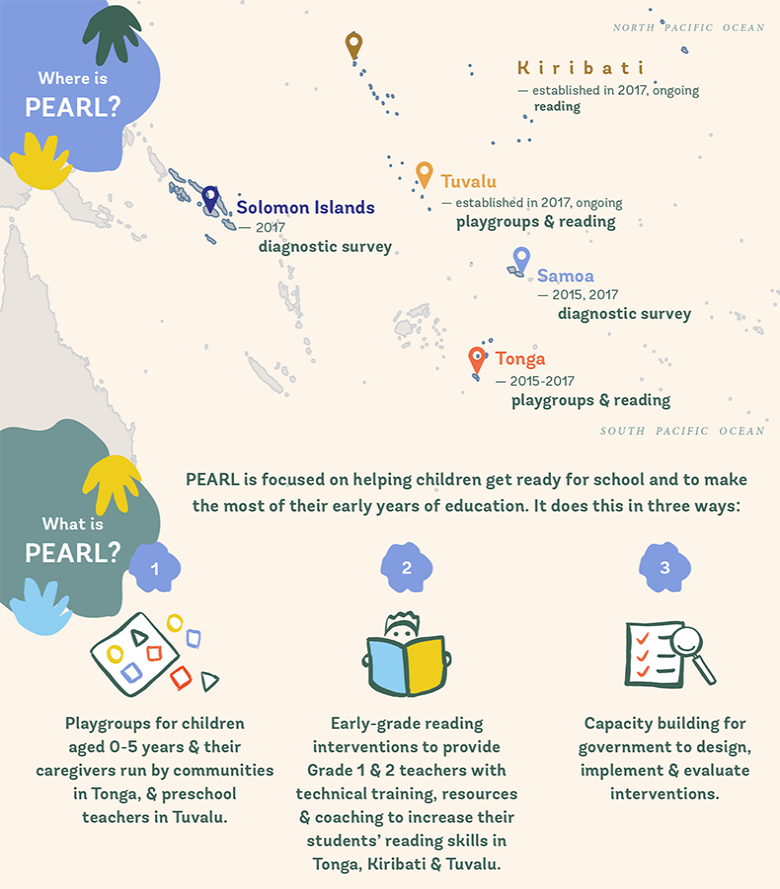
Results of PEARL in Tonga, Tuvalu and Kiribati
PEARL has played a crucial role in promoting school readiness and improved early grades reading outcomes across the Pacific, and despite the challenges created by limited resources and capacity, activities under PEARL have shown positive results.
“We see a big difference in the children who have had some early childhood [education] experience, whether that is formally through a school-based program or informally through parents,” said Nadia Fifita, Director at Ocean of Light International School, in the Tongan capital, Nuku’alofa.
“We’re seeing not only better student reading outcomes from PEARL classrooms, but teacher confidence and ability has improved from using the PEARL training and coaching methods. PEARL-trained teachers are now taking their skills to poor performing schools and rapidly transforming students into readers,” said Mele Fisiliu, Reading Material Development Team, Ministry of Education and Training.
In Tonga
In Tonga, PEARL carried out a randomized control trial impact evaluation to provide evidence of what works for school readiness and early reading in the Pacific and why, as illustrated below. Results from monitoring and evaluation show that PEARL is successfully increasing children’s school readiness and early grades reading skills.
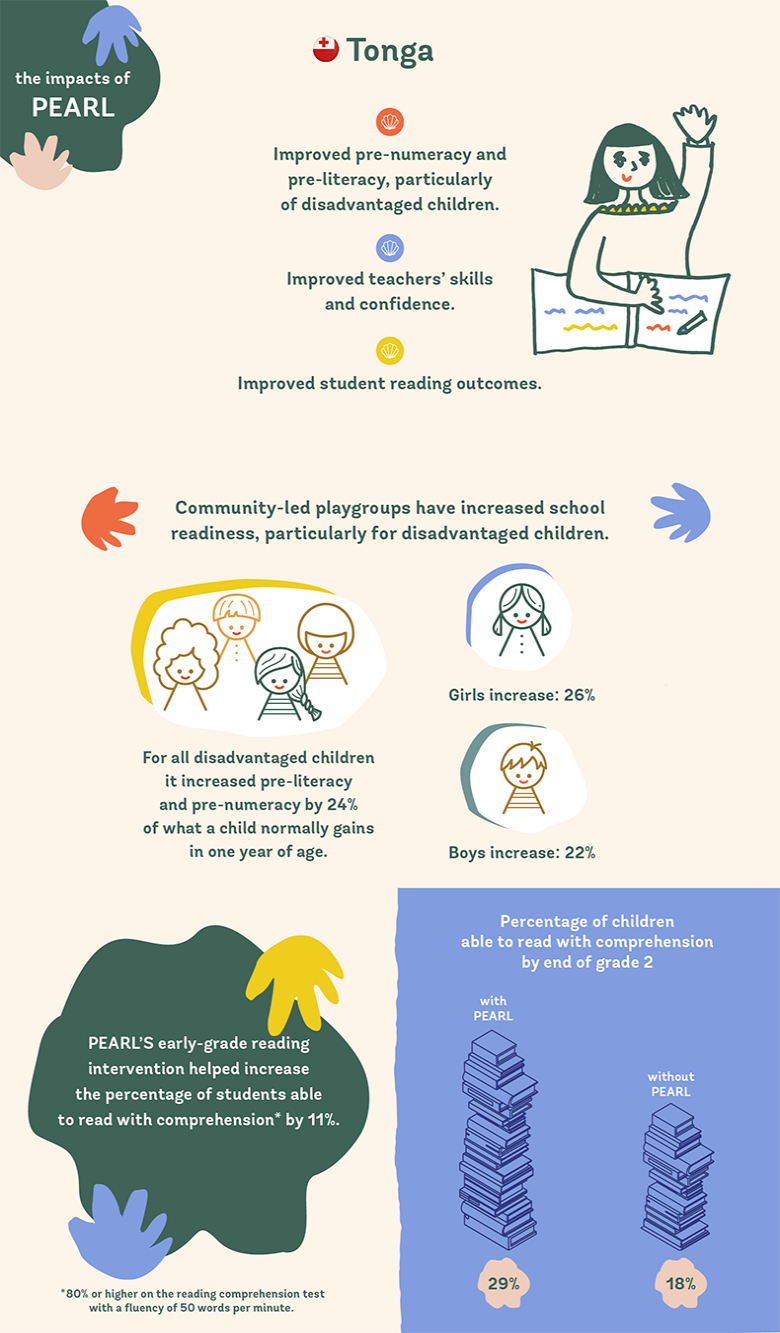
In Tuvalu
PEARL has also been implemented in Tuvalu since 2017, through the establishment of playgroups and introduction of reading interventions into the classroom, with positive results:
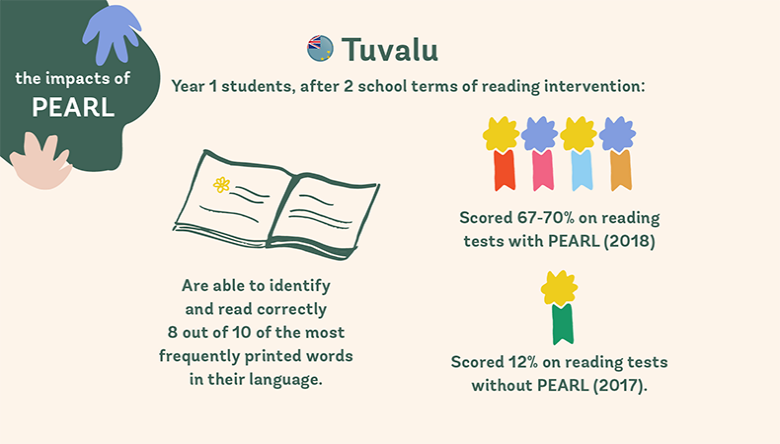
In Kiribati
PEARL reading interventions were also implemented in 2017 in Kiribati, with promising early results showing improvements in the core reading skills of Grade 1 students.
